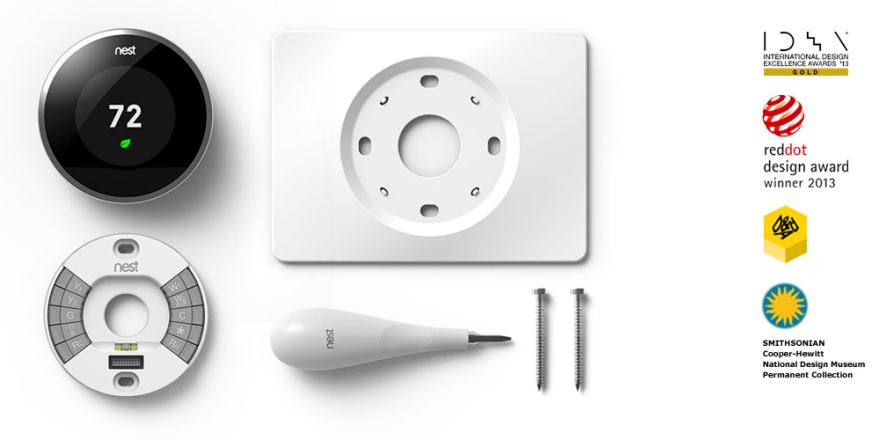What Do You Look for in A Designer? Fred Bould, Bould Design
 Enter a caption (optional)
Enter a caption (optional)What do you look for in a designer? Whether you're seeking your first job or you're a seasoned pro, the answer to this question can provide valuable insight when answered by the right person. We've decided to ask the best minds in the design world about their hiring practices to learn what it takes to stand out as a creative professional. In a time when technology and trends change at the blink of an eye, we think this question is more relevant than ever.
Fred Bould's list of accomplishments includes the kind of projects most industrial designers can only dream of. He has been in the game for over twenty years and has taught at Stanford University and California College of the Arts. Bould and his Silicon Valley-based product development studio Bould Design have garnered a handful of Red Dot and IDEA awards, among other accolades. Bould is responsible for designing popular hardware like the Nest thermostat, Roku boxes, and the GoPro HERO3. Recent projects include the home WiFi system Eero and the innovative Light L16 camera. We figured someone with as much experience as Fred Bould would be perfect to ask about what he looks for in designers.
What do you look for when hiring a designer?
Fred Bould: We look for passion, process, and personality. The passion comes through in the overall quality of the work. Did a designer go the extra mile on their presentation; well curated with clear communications, beautiful visuals, great typography and composition? Is there a strong process evident in the work? Did they look at a lot of different solutions before deciding on a specific direction? Have they really solved the problem? Does the solution hold up to critical scrutiny?
With personality, we're looking for collaboration, perseverance, and maturity. Do they make those around them better? Do they have the patience to drill down, understand the challenges and provide meaningful solutions? Can they work through the ups and downs of the design process? Do they bring a unique perspective that will make the studio stronger?
 Enter a caption (optional)
Enter a caption (optional)Is there a particular "tell" that signals a good or bad fit?
One positive signal is a CV with excellent typography and composition. Craft is really important to what we do and this is a good indicator.
What is your best interview "horror story"?
I try to make interviews a positive experience. I am hoping to learn something whether the candidate is a good fit or not. Also, because we do a lot of screening before we get to the interview, it's usually fairly pleasant. There are a lot of really talented people out there and I enjoy meeting them.
 Enter a caption (optional)
Enter a caption (optional)What is the single most valuable piece of advice you could give to those on the hunt?
You have a very brief opportunity to make an impression. Make sure your communications are crisp, clear, and tailored to your audience. They need to read your cover letter and think, "this person can make a meaningful contribution here."
Do you have any specific advice for recent graduates, or people just starting straight out from school?
Take the time to get your portfolio dialed in. Know your audience and be persistent. Your first two jobs out of school can potentially set the trajectory of your entire career. You need to set yourself up as a compelling candidate. Don't be afraid to be a little provocative, or a lot, but it has to be good.
 Enter a caption (optional)
Enter a caption (optional)Regarding creative employment, what do you know now that you wished you knew then?
It's really important to keep your eye on the future and plan for growth. Maintaining a sense of optimism will allow you to see the opportunities.
Want to know more about Bould Design? Visit them at bould.com!


